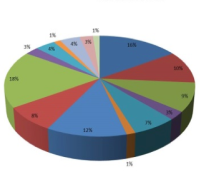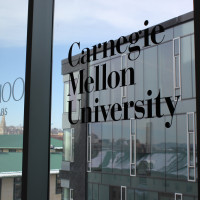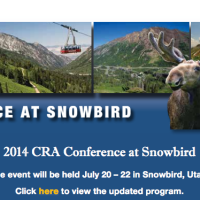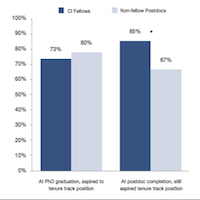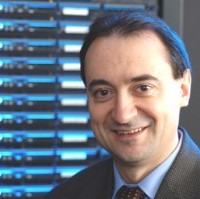
Extreme Scale Design Automation
The following is a special contribution to this blog by Josep Torrellas, Professor at the Departments of Computer Science and (by courtesy) Electrical and Computer Engineering at the University of Illinois at Urbana-Champaign. He is the Director of the Center for Programmable Extreme Scale Computing, and the Director of the Illinois-Intel Parallelism Center (I2PC). Josep is a member of the Computing Community Consortium (CCC) Council.





